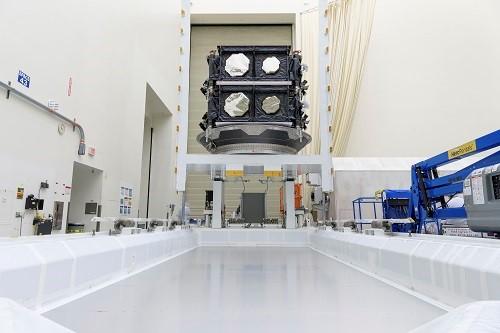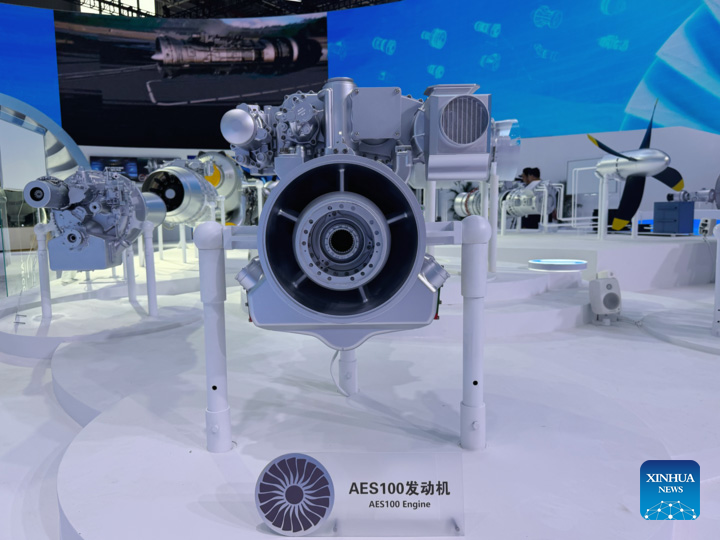In a significant development for military rotorcraft production, Bell is expected to seek a new supplier for aerostructures on its Future Long Range Assault Aircraft (FLRAA) program following Boeing’s acquisition of Spirit AeroSystems. The acquisition, anticipated to close by mid-2025, could disrupt the existing partnership between Bell and Spirit, prompting Bell to either identify a new supplier or consider bringing the fuselage work in-house for its V-280 Valor aircraft.
Industry insiders suggest that once the acquisition is finalized, Bell will likely make a strategic shift away from Spirit, which has been a key partner in the V-280 program for the past decade. The V-280 Valor is poised to become a cornerstone of the U.S. Army’s aviation fleet, with an estimated 400-500 aircraft planned before potential international sales.
Spirit AeroSystems has confirmed its ongoing commitment to the program, despite the upcoming changes. “Spirit has had a successful, 10-year partnership with Bell on this program, and we will continue to work with them to deliver on our joint commitments,” said Joe Buccino, a spokesman for Spirit. Bell, however, has refrained from commenting on its supplier relationships, and Boeing has similarly declined to provide any statements.
The potential transition to a new fuselage supplier marks a significant departure from the history between Bell and Boeing, particularly in light of their previous collaboration on the V-22 Osprey program. That partnership, which was plagued by engineering and cost disputes, led Boeing to adopt a different approach in its FLRAA bid, opting for a compound rotor design in partnership with Sikorsky.
Boeing’s acquisition of Spirit has primarily been viewed through the lens of its commercial impact, particularly given Spirit’s role in producing fuselages for the Boeing 737. However, concerns have also been raised about the potential effects on defense programs. Senator Jerry Moran (R-Kan.) highlighted the importance of maintaining Spirit’s defense capabilities, which support around 2,000 jobs in Kansas and contribute to programs such as Northrop Grumman’s B-21 Raider and Lockheed Martin’s CH-53K heavy-lift helicopter.
Senator Moran emphasized the need for continuity in defense manufacturing: “I want to make certain that we do not do anything in this acquisition that diminishes the capability of meeting our defense needs nationwide, or globally, by any kind of pause or disruption in the supply chain.”
As Bell awaits the U.S. Army’s imminent Milestone B approval, marking the beginning of engineering and manufacturing development for the FLRAA, the focus will be on ensuring that the program remains on track despite the anticipated supplier changes.




